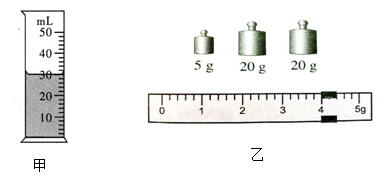阅读短文,选择正确答案。
One of my favourite memories as a child is going by the river and sitting freely on the bank. There I would
enjoy the peace and quiet, watch the water rush down and hear the sound of falling leaves.
When I think about the bamboo tree's ability to return to its original position, the word "resilience" comes to
mind. When used to describe a person, this word means the ability to become well again from shock,
disappointment or any other situation that makes somebody unhappy.
Have you ever felt you are about to break with a sudden noise? Have you ever felt you are at your breaking
point? Thankfully, you are lucky to have the experience to live to talk about it.
Life is a mixture of good times and bad times, happy moments and unhappy moments. Next time you are
experiencing one of those bad times or unhappy moments that take you close to your breaking point, don't break.
Try your best not to let the situation get the best of (占上风) you.
Hopes will take you through the unpleasant experience. With hopes for a better tomorrow or a better
situation, things may not be as bad as they seem to be. The unpleasant experience may be easier to deal with if
the end result is worth having.
If you are at your breaking point, you should be like the bamboo tree, bend, but don't break!
1. The writer was moved by _______ one day when he went to sit by the river. [ ]
A. the water
B. the bamboo tree
C. the leaves
2. What does the underlined word "resilience" mean? It means _______. [ ]
A. 恢复力
B. 兴奋
C. 忧伤
3. What did the writer use to do when he was young? [ ]
A. He used to go to the park to hear the sound of falling leaves.
B. He used to go to the lake and watch the water.
C. He used to go by the river and sit on the bank.
4. Next time you experience one of those bad things, try your best ______ get the best of you. [ ]
A. to let the situation
B. not to let the situation
C. to change the situation to
5. What can we learn from the passage? [ ]
A. We should bend when we hear a sudden noise.
B. We should go by the river and sit freely on the bank.
C. We should have the ability to become well again.


